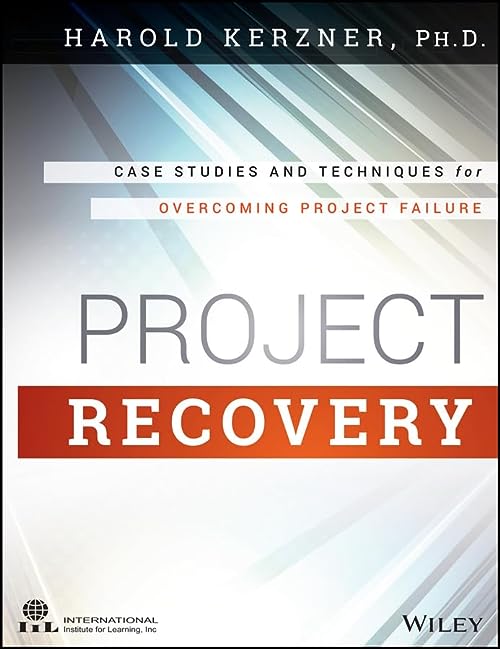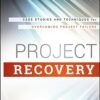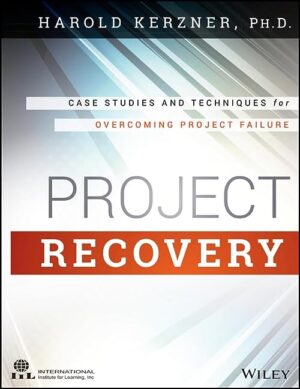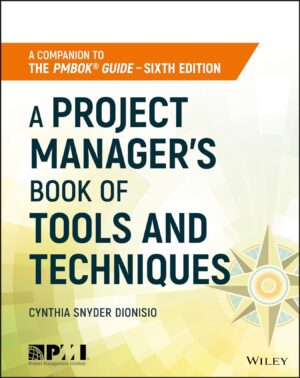Best practices for picking up the pieces when projects fail
There are plenty of books available offering best practices that help you keep your projects on track, but offer guidance on what to do when the worst has already happened. Some studies show that more than half of all large-scale project fail either fail completely, or at least miss targeted budget and scheduling goals. These failures cost organizations time, money, and labor.
Project Recovery offers wise guidance and real-world best practices for saving failed projects and recovering as much value as possible from the wreckage. Since failing project cannot be managed using the same lifecycle phases employed with succeeding projects, most project management professionals are unprepared to tackle the challenge of project recovery. This book presents valuable case studies and a recovery project lifecycle to help project managers identify and respond effectively to a troubled project.
- Includes case studies and best practices for saving failing projects or recovering projects that have already failed
- Written by experience project manager Howard Kerzner, the author of Project Management Best Practices, Third Edition
- Features proven techniques for performing project health checks and determining the degree of failure and the recovery options available
- Includes a new recovery lifecycle that includes phases and checklists for turning around failing projects
With comprehensive case studies, checklists, worksheets, and cross listings to the appropriate project management body of knowledge, Project Recovery offers a much needed lifeline for managers facing the specter of failure.












3 reviews for Project Recovery: Case Studies and Techniques for Overcoming Project Failure